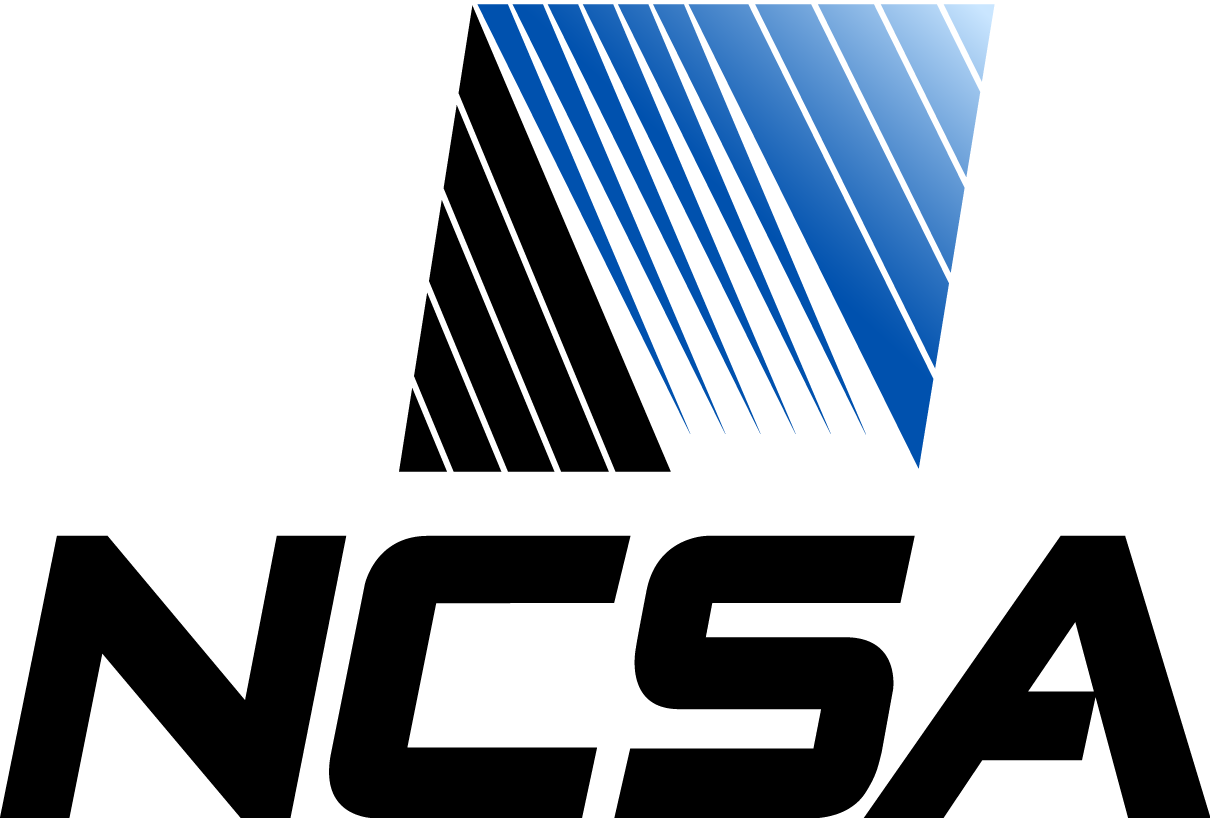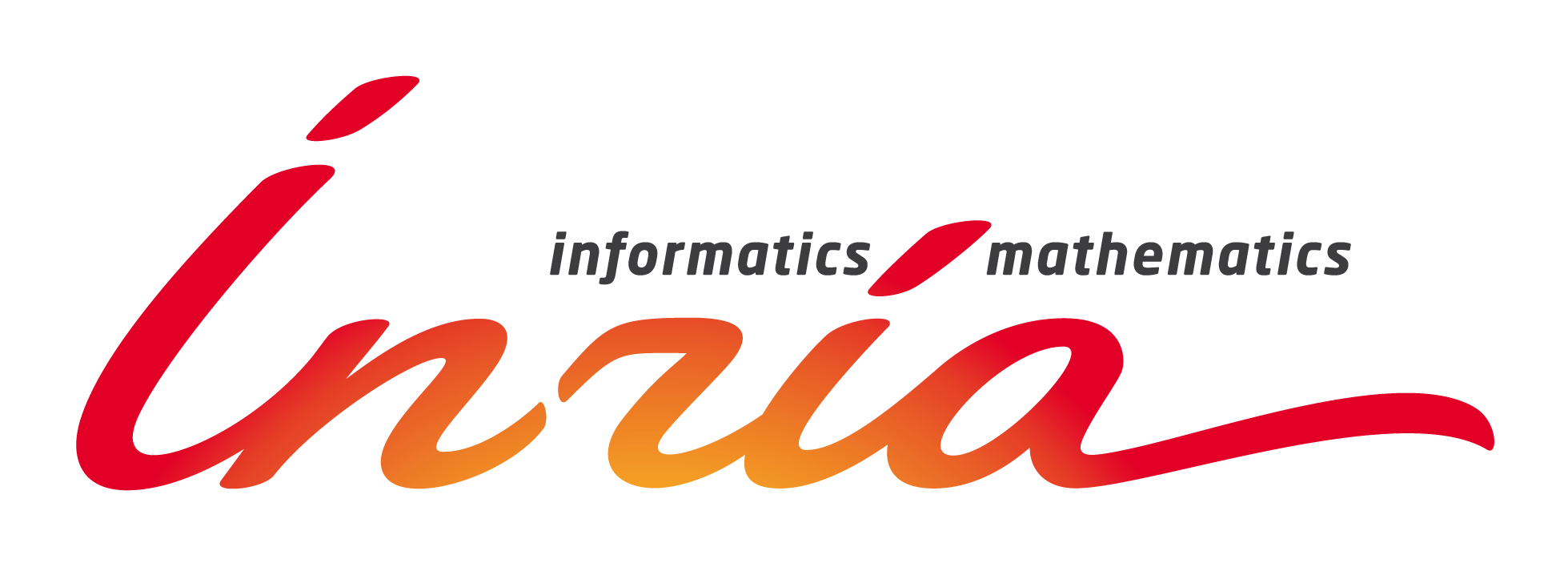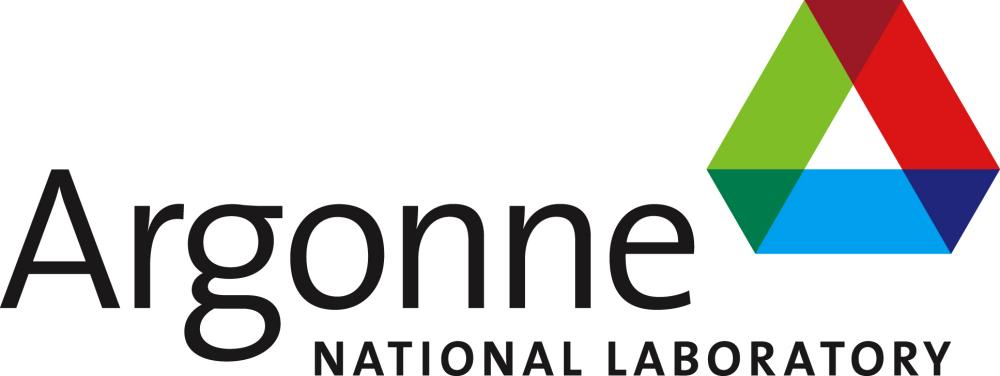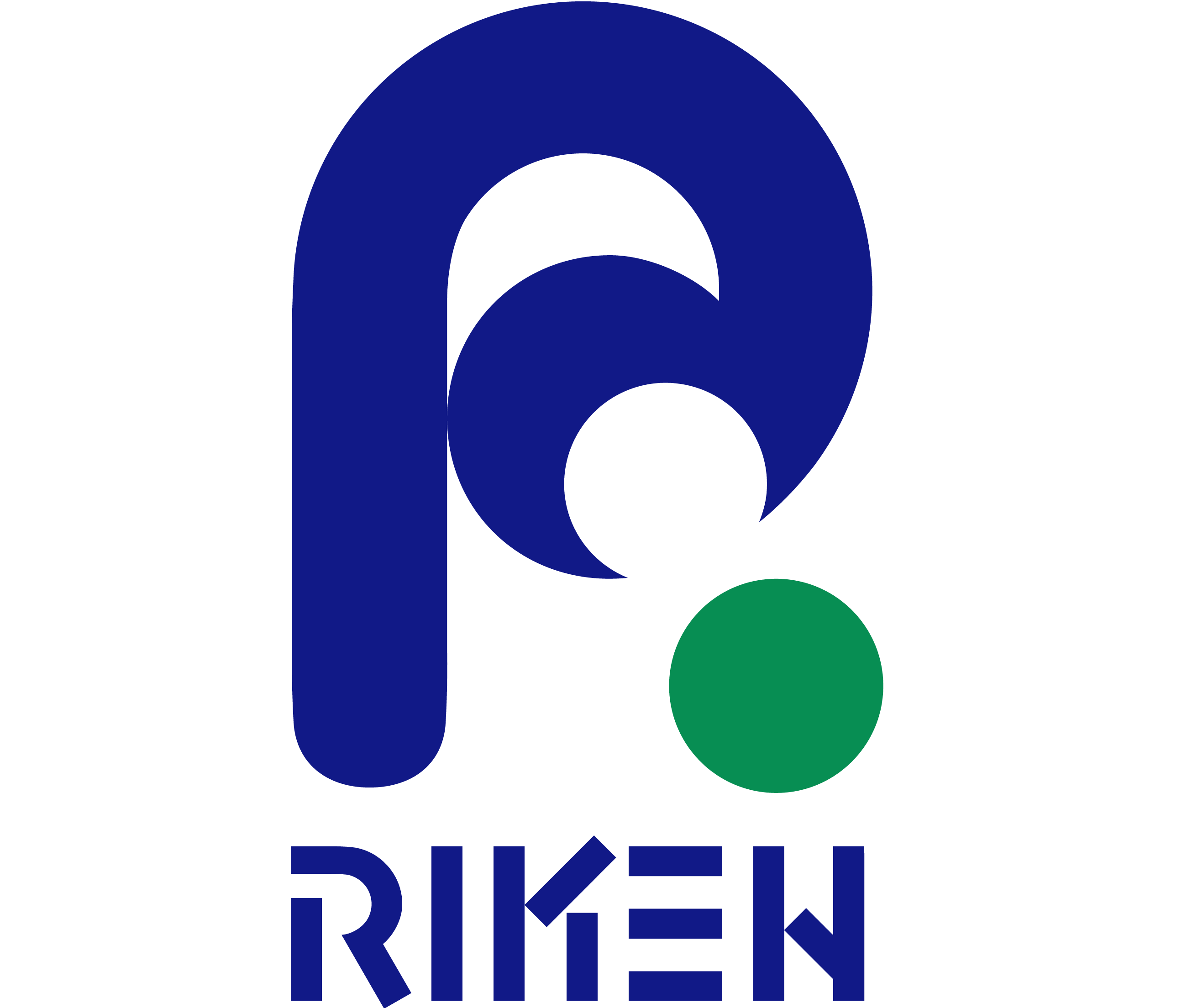Partners
Founding partners
NCSA
National Center for Supercomputing Applications at the University of Illinois at Urbana-Champaign (UIUC)

The National Center for Supercomputing Applications (NCSA) is a hub of transdisciplinary research and digital scholarship where University of Illinois faculty, staff, and students, and collaborators from around the globe, unite to address research grand challenges for the benefit of science and society. Current research focus areas are Bioinformatics and Health Sciences, Computing and Data Sciences, Culture and Society, Earth and Environment, Materials and Manufacturing, and Physics and Astronomy.
The Center also provides integrated cyberinfrastructure—computing, data, networking, and visualization resources and expertise that are essential to the work of scientists, engineers, and scholars at the University of Illinois at Urbana-Champaign and across the country.
NCSA is also an engine of economic impact for the state and the nation, helping companies address computing and data challenges and providing hands-on training for undergraduate and graduate students and post-docs.
Taken from UIUC / NCSA “About page”
Inria
Institut national de recherche en informatique et en automatique

Graduates from the world’s top universities, Inria’s 2,700 employees rise to the challenges of digital sciences. Research at Inria is organised in “project teams” which bring together researchers with complementary skills to focus on specific scientific projects. With this open, agile model, Inria is able to explore original approaches with its partners in industry and academia and provide an efficient response to the multidisciplinary and application challenges of the digital transformation. The source of many innovations that add value and create jobs, Inria transfers expertise and research results to companies (startups, SMEs and major groups) in fields as diverse as healthcare, transport, energy, communications, security and privacy protection, smart cities and the factory of the future.
Taken from Inria “About page”
Full partners
ANL
Argonne National Laboratory

Argonne is a multidisciplinary science and engineering research center, where “dream teams” of world-class researchers work alongside experts from industry, academia and other government laboratories to address vital national challenges in clean energy, environment, technology and national security.
Through collaborations with researchers here at Argonne and around the world, we strive to discover new ways to develop energy innovations through science, create novel materials molecule-by-molecule, and gain a deeper understanding of our planet, our climate and the cosmos.
Surrounded by the highest concentration of top-tier research organizations in the world, Argonne leverages its Chicago-area location to lead discovery and to power innovation in a wide range of core scientific capabilities, from high-energy physics and materials science to structural biology and advanced computer science.
Taken from ANL “About page”
BSC
Centro Nacional de Supercomputación

Early in 2004 the Ministry of Education and Science (Spanish Government), Generalitat de Catalunya (local Catalan Government) and Technical University of Catalonia (UPC) took the initiative of creating a National Supercomputing Center in Barcelona. BSC-CNS (Barcelona Supercomputing Center – Centro Nacional de Supercomputación) is the National Supercomputing Facility in Spain and was officially constituted in April 2005. BSC-CNS manages MareNostrum, one of the most powerful supercomputers in Europe, located at the Torre Girona chapel. The mission of BSC-CNS is to investigate, develop and manage information technology in order to facilitate scientific progress. With this aim, special dedication has been taken to areas such as Computer Sciences, Life Sciences, Earth Sciences and Computational Applications in Science and Engineering.
All these activities are complementary to each other and very tightly related. In this way, a multidisciplinary loop is set up: our exposure to industrial and non-computer science academic practices improves our understanding of the needs and helps us focusing our basic research towards improving those practices. The result is very positive both for our research work as well as for improving the way we service our society.
Taken from BSC “About page”
JSC
Jülich Supercomputing Centre

The Jülich Supercomputing Centre (JSC) has about 300 staff members. It provides leading-edge supercomputer resources, IT tools, methods, and know-how for researchers at FZJ and for researchers participating in more than 200 German and European projects through the John von Neumann Institute for Computing (NIC), the Gauss Centre for Supercomputing (GCS) and the Partnership for Advanced Computing in Europe (PRACE). To ensure optimal mapping of methods, models and algorithms needed by users of high-end supercomputing, JSC on the one hand provides - in addition to basic user support - expert advice via its Algorithms, Tools and Methods Labs (ATMLs) in mathematical methods and algorithms, performance analysis or visualization and, on the other hand, in community oriented high-level research and support, the Simulation and Data Laboratories (SDLs).
As a leading research institute in computational science, JSC is involved, to a large extent as founder or co-founder, in numerous national and international research collaborations. In addition, JSC’s research focuses on technology developments in cooperation with industrial and academic partners. This involves exploration of opportunities provided by new architectures, innovative networks or accelerators as well as entirely novel approaches such as neuromorphic computing and, in particular, quantum computing. JSC also conducts R&D in the creation and development of federated systems and infrastructures specifically designed to support the secure, efficient and sustainable management, integration and analysis of Big Scientific Data on a nation-wide, European and international level.
Taken from JSC “About page”
R-CCS
RIKEN Center for Computational Science

The RIKEN Center for Computational Science (R-CCS) is the leadership research center in high performance computing and computational science in Japan, operating the K computer, and developing the next-gen post-K computer. Our objectives are to investigate “the Science of (high performance) computing, by computing, and for computing”, and promote the core competence of the research in a concrete fashion as open source software, and to collaborate with many other leadership centers globally. The K computer initiated full operation in the fall of 2012 and since then it has continued to produce multitudes of world-leading scientific and engineering results, not only by the academia but also by the industry. Following K’s success, development work started in April 2014 on the successor to K, the post-K computer, with which we aim to achieve not only orders of magnitude increase in our capabilities but also achieve better ease of use and synergy with other IT ecosystems such as big data and artificial intelligence. Post-K is expected to commence operations sometime around 2020, to serve as a keystone for solving some of the most important science and social problems that are of high concern to the general public.
Taken from R-CCS main page